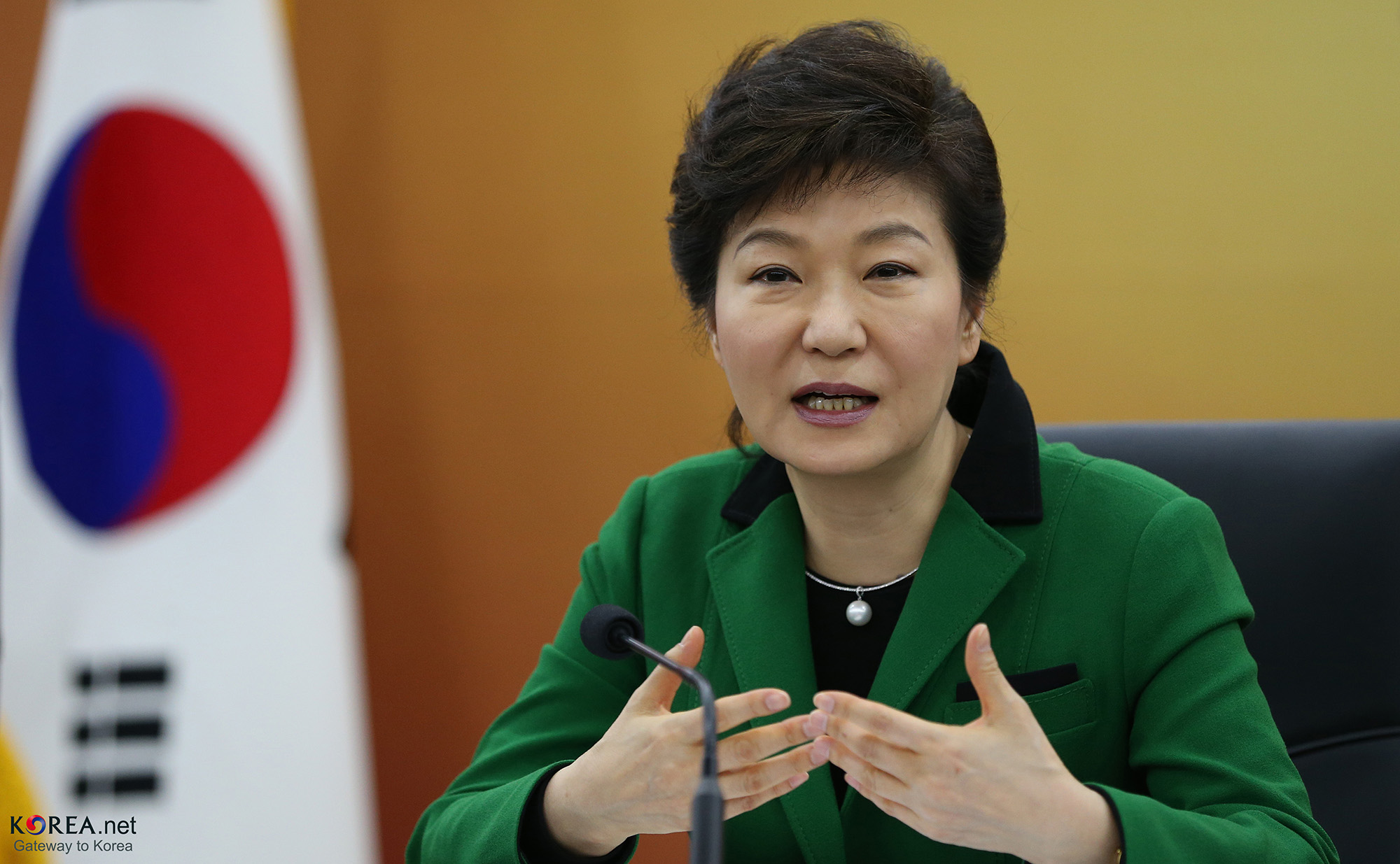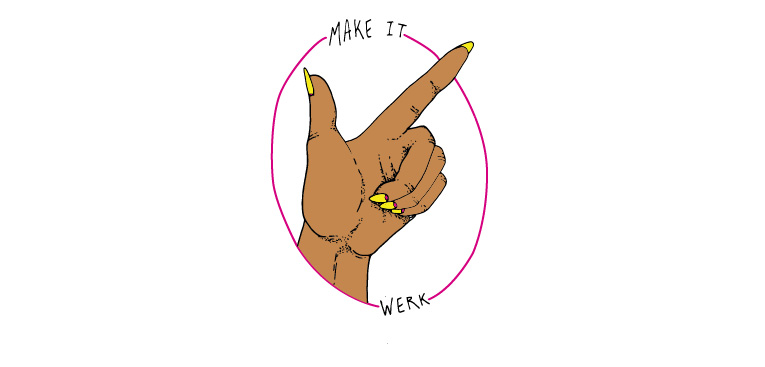If current U.S. presidential politics are considered a clown show, then the recent events surrounding the scandal-ridden administration of South Korea’s President Park Geun-hye qualify as a full-blown three-ring-circus.
The country’s first female president has been involved in a bizarre scandal involving her close friend and spiritual advisor, Choi Soon-sil. By virtue of her unique relationship with Park, Choi, a civilian with no official government role or security clearance, has had unprecedented access and influence that led to her indictment on charges of taking advantage of her friendship with the president for financial gain. This political turmoil comes at a time when South Korea, which has traditionally been a staunch ally of the U.S. in Southeast Asia, finds itself uncertain of the support it can expect from a Trump administration should tensions with North Korea escalate further.
Last Friday, the majority of the lawmakers in South Korea’s National Assembly voted in favor of impeachment. If her impeachment is confirmed by South Korea’s legislative body, the Constitutional Court, an election must be held within two months for a new president.
Park’s relationship with the Choi family began with Choi’s father, Choi Tae-min. In 1973 Park’s mother was killed during an assassination attempt on her father, the president of South Korea at the time. The elder Choi, the head of a religious cult known as the Church of Eternal Life, reached out to Park by claiming her dead mother had visited him in a dream and requested that he protect her. Later, when Park’s father was killed in a subsequent assassination attempt, Park became even more reliant on Choi. Following his death in 1994, his daughter took up her father’s previous role as Park’s caretaker, and according to prosecutors, continuing the tradition of exploiting that relationship for personal profit. In the course of one of her multiple public apologies, Park explained that after turning to Choi when she needed help managing her many private affairs on her own, her awareness of how she might be being used was compromised:
“[Choi] was the person that stood by me during my hardest times, so I had my guard down,” Park said. “Looking back, I now see this all came about because I trusted our relationship and did not scrutinize things carefully.”
The circumstances behind the emergence of the scandal highlight the kind of social inequities that have led many South Koreans to take to the streets. What initially began as an investigation of the special treatment of Choi’s daugther, Chung Yoo-ra, by a prestigious and competitive private school, morphed into scrutiny of Choi herself and her relationship with Park. As Anna Fifield reported in the Washington Post, “South Korea is, in the minds of many young people here, a living hell—and they’re not going to take it anymore.” Street protests and demonstrations continued as the scandal intensified and the extent to which Choi had influence and access to the president became increasingly clear.
Although Park had already agreed to resign prior to the impeachment, members of the opposition party at the time dismissed this gesture as a stalling tactic. As it stands, the Constitutional Court has 180 days to deliberate on a final vote of approval for the impeachment measure that passed the legislature. According to South Korea’s constitution, Prime Minister Hwang Kyo-ahn will serve as interim president while Park’s fate is determined by the court. Adding to the political chaos is the fact that Hwang, who replaced former Prime Minister Lee Wan-koo following another bizarre corruption scandal, has technically already been fired by Park as part of her earlier effort to clean out her cabinet in response to growing criticism.
One further complication for South Korea at this time of political turmoil is its relationship with the United States. Despite a call to Park from Trump shortly after the election reaffirming a commitment to “be steadfast and strong with respect to working with you to protect against the instability in North Korea,” the machinations of his transition team call into question how Trump’s often capricious attitude toward policy positions will play out in the future.
Having been raised by feral pandas in the remote forests of Chengdu, China has always formed a key part of my identity. After my career as a Hong Kong film producer was derailed by tabloid journalists, I knew I had found the work that would become my life’s purpose. I am passionate about journalism because it allows me to step into worlds I would otherwise never know while channeling my curiosity toward serving and informing the community.






